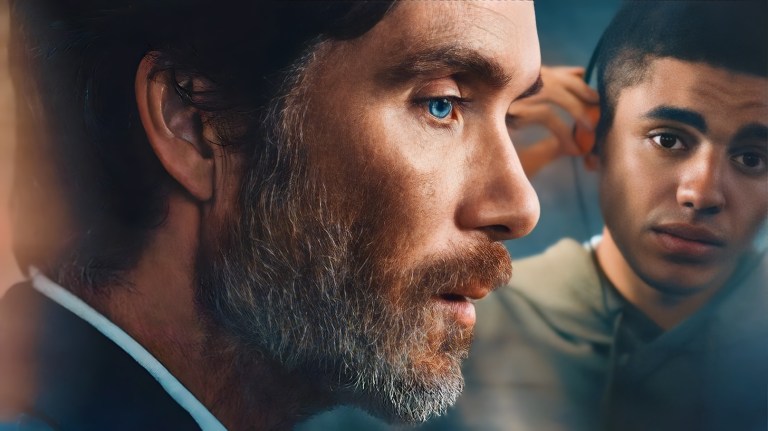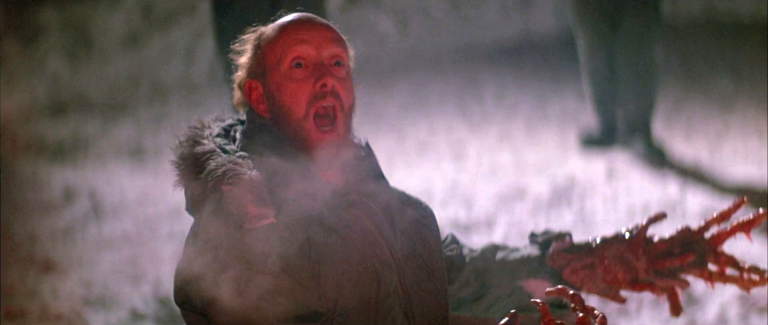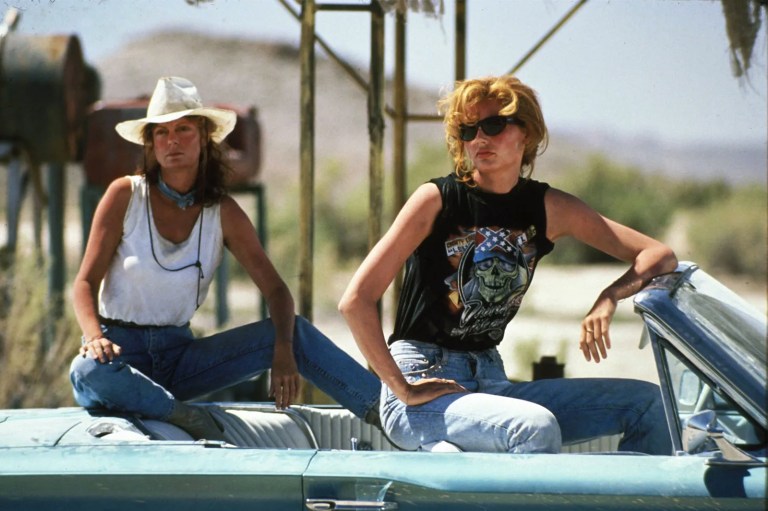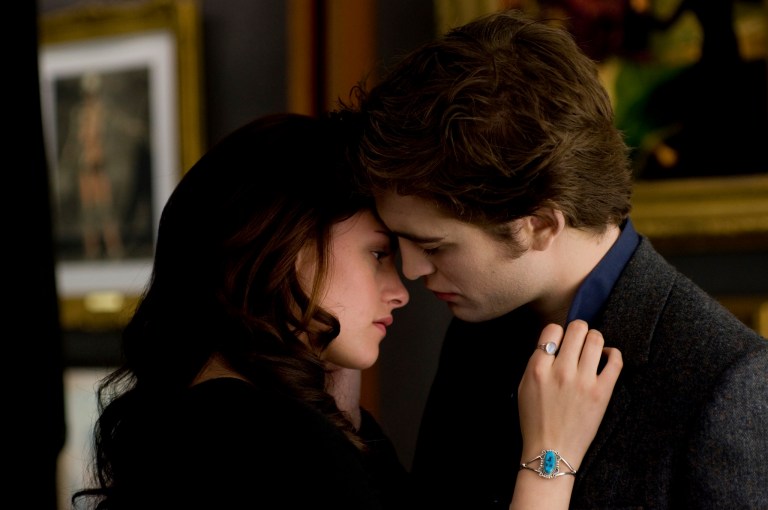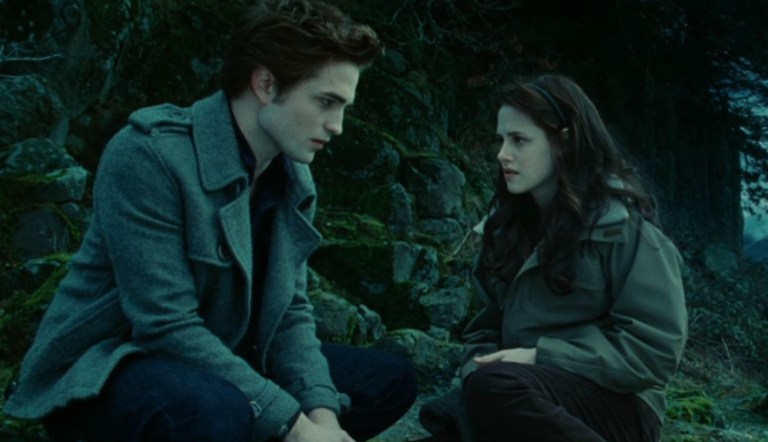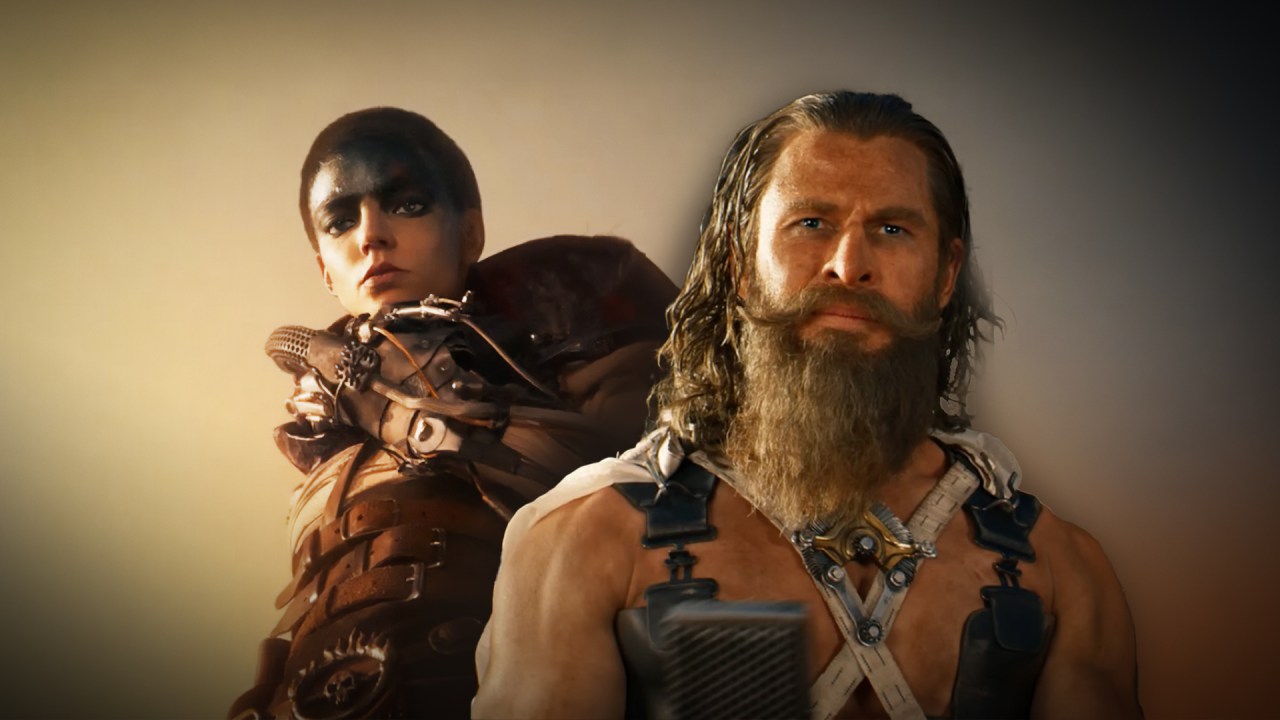
Why ‘Furiosa: A Mad Max Saga’ Is The Most Inspiring Movie of 2024
Here's your spoiler-filled Furiosa review--a truly inspiring action film that sets the bar for the Mad Max series.
Furiosa: A Mad Max Saga showcases a world of despair, but it also signals a powerful message about hope.
Post-apocalyptic worlds, such as the one found in Furiosa: A Mad Max Saga, serve as a harsh warning to human beings about the hell that awaits us all unless we heed the warning and take action to prevent society’s collapse from happening. Quite often, these depressing tales break down characters to the point in which they would rather embrace the sweet touch of the grim reaper’s scythe than live another day struggling for survival. Alyla Browne and Anya Taylor-Joy’s Furiosa traverses this same sick kind of purgatory in the movie, but instead of making everyone pray for the vultures to descend, she provides a more inspirational message than any Hallmark movie ever could. (Beware: Spoilers ahead.)
Dementus shows Furiosa what she could become
Furiosa watches her mother, Mary Jo Bassa (Charlee Fraser), die, gets traded as a child bride to Immortan Joe (Lachy Hulme), and suffers a disturbing incident with the human potato known as Rictus Erectus (Nathan Jones). All this happens before the halfway point of the movie, with even more heartache, treachery, and tragedy on the dusty horizon. The root of all her pain can be traced back to the maniacal warlord Dementus (Chris Hemsworth), however. If she had never met the violent leader of the Biker Horde, it’s unlikely she would have been in these predicaments or experienced the level of suffering that she does.
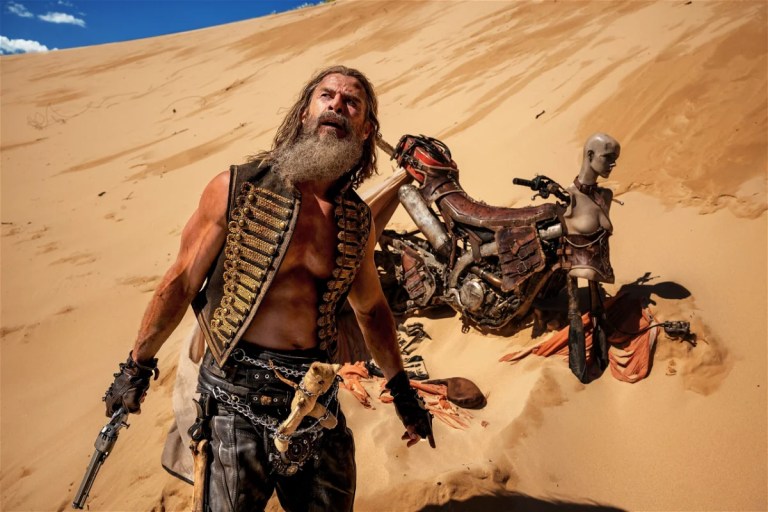
Understandably, she seeks revenge against him, but when she gets the chance, the encounter provides a number of surprising revelations. While Furiosa was aware that Dementus had lost his family, she sees the rawest side of him yet. In their interaction, he explains how killing him would be more merciful than letting him live. He doesn’t fear death or vengeance. No matter what she wants to do to him, it’s evident that he’s already dead inside and his humanity left him a long time ago. Dementus paints a bleak future and how this cycle of never-ending agony only continues.
While there’s an element of truth in what Dementus says here, he fails to take accountability for his role in turning the Wasteland into Hell on Earth for everyone. Inadvertently, though, he shows Furiosa what can happen if she doesn’t find peace within. Revenge is a release – and she needs it here – but she also needs a reminder to find something more in life. A purpose.
No one is ever truly alone
Despite the overwhelming selfishness and me-first attitude of the people in Furiosa: A Mad Max Saga, Furiosa finds strangers who demonstrate that there is still good in the world – and it can’t be extinguished. Case in point: The War Rig driver, Praetorian Jack (Tom Burke). After she saves him, he offers her the opportunity to train and learn from him, as he prepares her for her journey to return to her home, the Green Place.
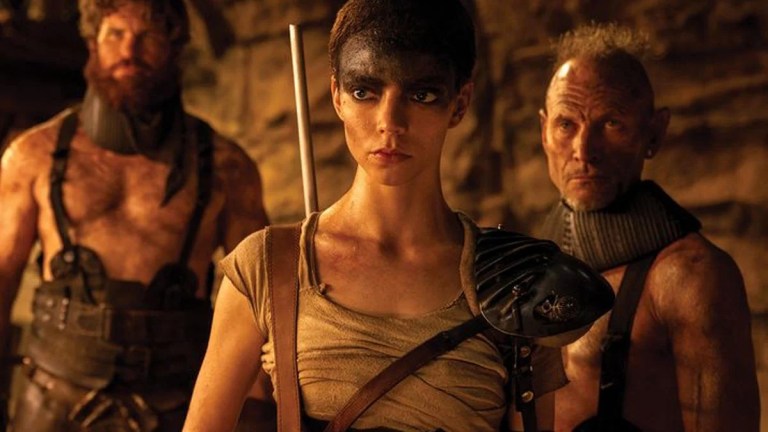
Jack harbors no ulterior motive besides helping her here. If he didn’t extend a hand, though, there’s no way Furiosa would have been in the position in which she is by the end of the film. Unfortunately, Jack meets a grisly death, but he leaves her with an important lesson: To pay it forward and help others if you can. And Furiosa does this by freeing Joe’s wives and escaping with them from the Citadel.
Similarly, a sneaky cameo from Max Rockatansky (Jacob Tomuri) acts as another excellent example of how assistance can come from unexpected places. After tearing off part of her arm to escape Dementus, Furiosa passes out from the loss of blood and pain in the desert. From afar, Max sees her writhing and collapsing, and it’s him that presumably drops her off near the Citadel. Not only is it a nice tribute to the franchise to give Max the briefest of cameos, but it also demonstrates how the spirit of human kindness remains alive in the Wasteland.
The seed of hope
Before Mary dies, she hands a peach seed to her daughter and makes her promise that she will “plant the seed” and “protect the Green Place.” Throughout the film, Furiosa pulls out the seed, puts it in her mouth to hydrate it, and sees it as a reminder of her mother’s last wish. At the end of the film, she plants it in Dementus’ flesh and uses him to sprout a brand-new peach tree.
Metaphorically, there’s a lot to unpack here. First off, the seed serves as a physical symbol of Furiosa’s hope. For as long as she has it, there’s the chance that tomorrow could be better and a new start. At the same time, she still falters and doubts herself, often needing a reminder of her promise. This is illustrated by her taking out the seed, looking at it, then putting it in her mouth, which is a resounding metaphor for the hope she keeps alive and her will to succeed.
By planting the seed in Dementus, it’s another symbolic representation of spreading hope to others, as someone else can reap the fruits, too. In the case of Furiosa, she no longer needs the physical seed to remind her of hope. It already grew inside her and she’s ready to spread the most important message to the world: “We keep moving!”
